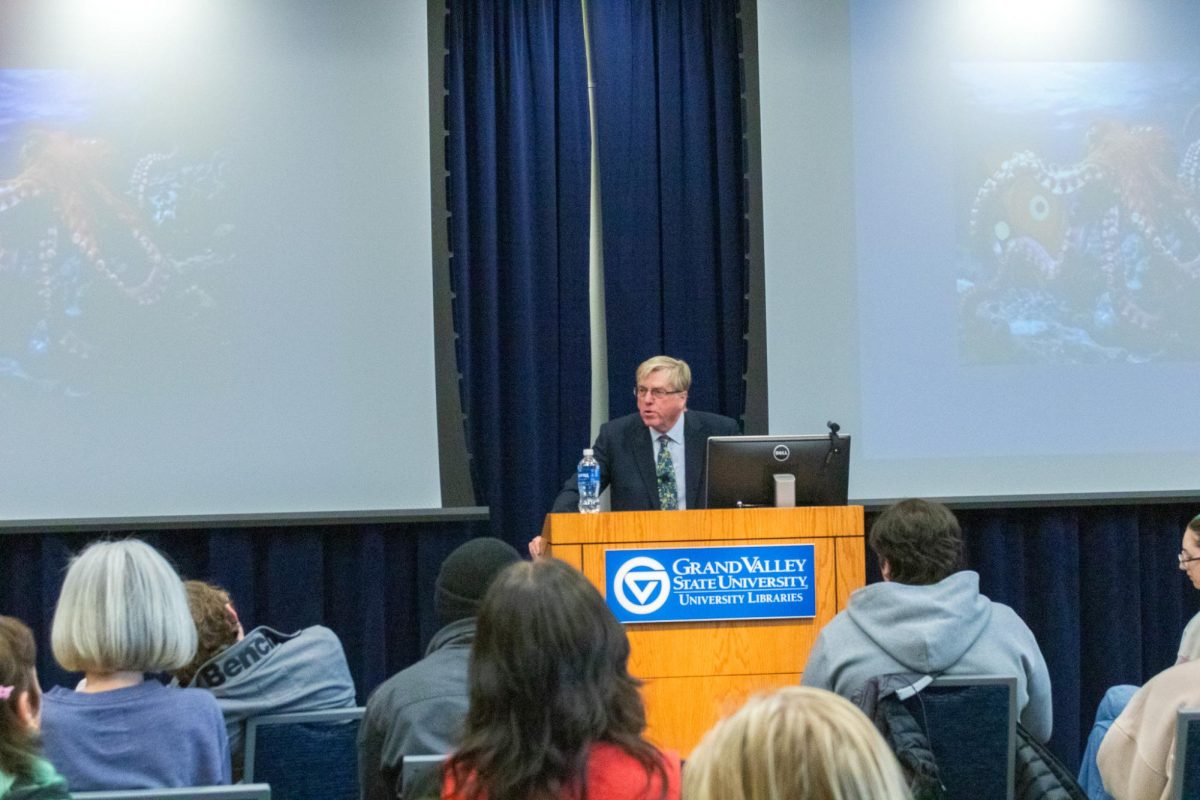What we mean when we talk about happiness and love
Feb 13, 2014
I cannot express how often I wish I had more specific words to describe my emotions. As a writing major, I am naturally rather fond of words, but so often I feel trapped by their limitations. Broad words for emotions like “happiness” and “love” do little to highlight the variety of emotions lurking beneath such umbrella terms.
The love you feel for your brother is different than the love for you boyfriend which is different from the love for your pet which is different from the way you love pizza. We throw this word around so easily, with little care to discriminate between gradients. No wonder we are a generation so romantically perplexed.
Many of us have heard this claim before, but I feel the same argument pitted against happiness. I am happy when I am reading a book on a rainy Saturday afternoon. I am happy when my boyfriend kisses me on the cheek. I am happy when I finish eating a couple greasy slices of pizza (well, at least during). I am happy when I finish something I have worked hard to accomplish, like running a half-marathon or writing an essay (which feel oddly similar sometimes).
To some, this may not seem like a problem. But for me, it is.
My problem is that we use these words as field goal posts. “I just want to be happy,” we say, “I just want to love and be loved.” But how can we possibly find what we are searching for if we don’t even know what we mean by the words we use?
A couple scenarios in my own life where this ambiguity causes problems: When I am trying to decided between delayed and instant gratification; between the deep, more subtle happiness that comes with strength and the quick, intense happiness that comes from instant pleasures.
When I am trying to decide the kind of love I require from others. Do I accept this love from anywhere or anywhere? Do I need it from a lover alone, a few close friends, or a large community?
Perhaps with more specific words, we would be less confused about our passions, our goals. This is a pretty bold claim, but sometime, go to Google and type in “untranslatable words from other languages.” Other languages often offer insights into more specific manifestations of emotions like happiness, love, sorrow, you name it. Words like “Yugen,” Japanese for something like “an awareness of the universe too deep and powerful for words,” or “Eudaimonia,” a Greek word for something like true happiness or flourishing.
These specific words arguably provide us with more specific goals, which in my mind mean more attainable goals.






















